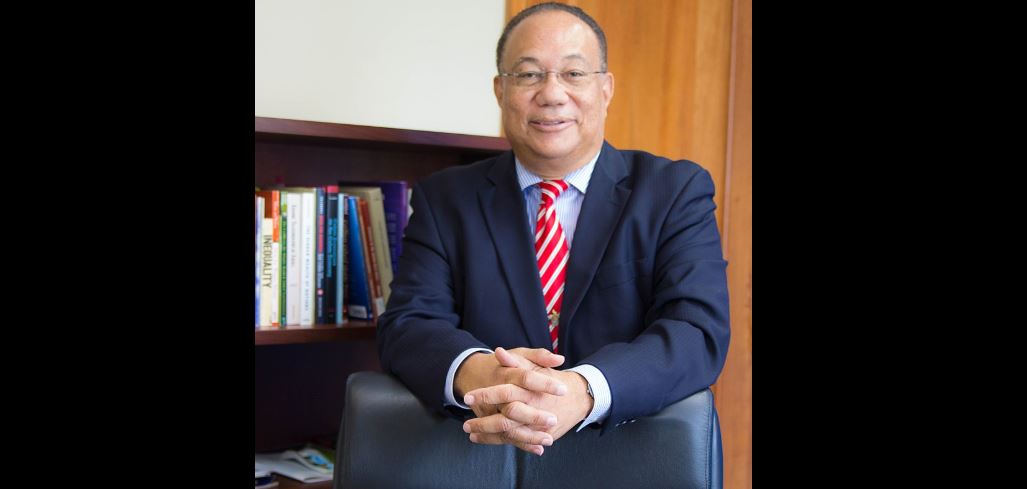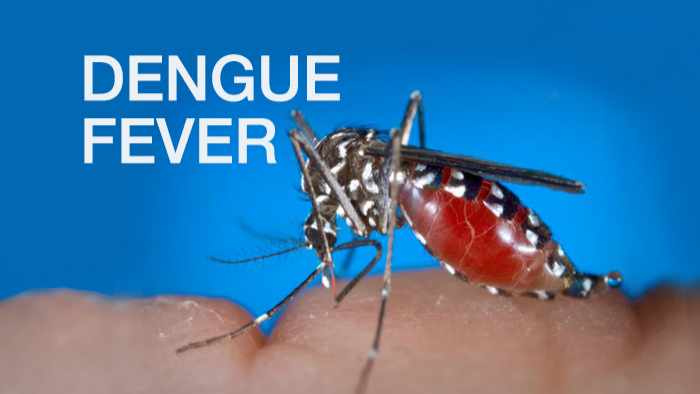With more than 3 million reported cases of COVID-19 worldwide, the virus’ impact on racial and ethnic groups is still emerging.
However, internationally, reports have highlighted a disproportionate bearing of illness and death among racial and ethnic minority groups.
On April 27, The University of the West Indies (The UWI) hosted a virtual Vice-Chancellor’s Forum themed, Race, Class and COVID-19 to examine why some racial groups and socio-economic classes seem to be more vulnerable than others and what strategies are key to interrupting this worrying trend.
The forum brought together a panel of experts who presented the current situations in the Caribbean, US, UK and South America.
It was organised by Ambassador Dr Richard Bernal, Pro Vice-Chancellor and Professor of Practice, Global Affairs at The UWI along with the University’s Centre for Reparation Research and moderated by Professor Rupert Lewis, Professor Emeritus and Director of The UWI PJ Patterson Centre for Africa-Caribbean Advocacy.
Dr Kenneth Connell, Lecturer in Clinical Pharmacology, The UWI Cave Hill and Chairman, Barbados National Drug Formulary Committee who opened the presentations noted that the African Diaspora generally bears an unusual burden when it comes to health, a situation that appears to be magnified by the current health crisis.
Additionally, as at 2020, 80 per cent of the world’s cardiovascular disease burden is being felt by low to middle income countries with vulnerable economies and health care systems like those in the Caribbean.
Dr Connell stated that COVID-19 offers the urgent opportunity to change this circumstance in the Caribbean. His recommendations include aggressively addressing individual barriers and using simple, strategic messaging about health; agitating an immediate call to action to drive political change, holding governments accountable; disaggregating health data to identify potential biases specific to race; acknowledging the historical forces that may now result in perpetual vulnerability and continuing to activate for justice in all communities of black, Asian and minority ethnic groups (BAME) including reparatory justice.
Dr Melissa Creary, Assistant Professor, Health Management and Policy from the School of Public Health, University of Michigan contextualised the case for African-Americans. She shared data which show that African-Americans are disproportionately affected by the virus.
The US White House Coronavirus Task Force she said, highlighted that this is due to underlying medical conditions and that the US Surgeon General attributed conditions such as diabetes, hypertension, obesity and asthma as key causes for why they end up in the Intensive Care Units [ICU] and ultimately have higher death rates from COVID-19.
Dr Creary explained: “It’s important to understand that while the numbers show the unequal burden, the full picture is that other Americans also suffer from these conditions.”
She pointed out that this racial disparity occurs often, and echoed Dr Connell’s views that that COVID has actually exposed existing fault lines within our societie. She added: “The thing that is truly underlying in this narrative is the structural inequities…this scenario of unequal burden which was in place before COVID-19 became the latest threat.”
She also disclosed that among the structural inequities that exist for African-Americans are higher rates of being uninsured; lower median incomes that provide less economic cushion; limited access to healthcare—limiting preventative care and testing; poorer quality of care; systemic distrust with the healthcare system; racial residential segregation and high risk jobs.
Professor Anthony Bogues, Asa Messer Professor of Humanities and Critical Theory, Director, Center for the Study of Slavery & Justice and Professor of Africana Studies at Brown University, in his presentation, echoed the point that pandemics tend to be events which unmask a society’s ills, exposing weaknesses which are hidden in plain sight.
“It has always been that way” he said, adding that “If we look back at the Spanish Flu which occurred from 1918-1920, at the end of the First Imperial War, one would see that the pandemic also exposed the vast inequalities in the US and many other societies.”
He stressed that even during that time, the death toll among non-whites was much higher than that of whites; so the present scenario is something that has a historical precedence.
Professor Bogues also cited data from the Swiss Bank which shows that one per cent of the world controls 44 per cent of the world’s wealth and suggested that we have to consider what that means in terms of globalisation and questions of health and inequality.
He noted that we have also seen a lack of a certain type of global cooperation to fight something that is a global illness. He made mention of examples of US interventions in transporting medical equipment from China headed to another country and in another instance cargo meant for Barbados.
He said there’s a certain unravelling of an order that was established in the postCold War (1991-1992) and it’s not just around trade and multilateralism but rather include the ways in which inequality has ravaged many nations around the world and at the heart of that equality are communities of colour and we are now seeing this again in the contemporary world.




